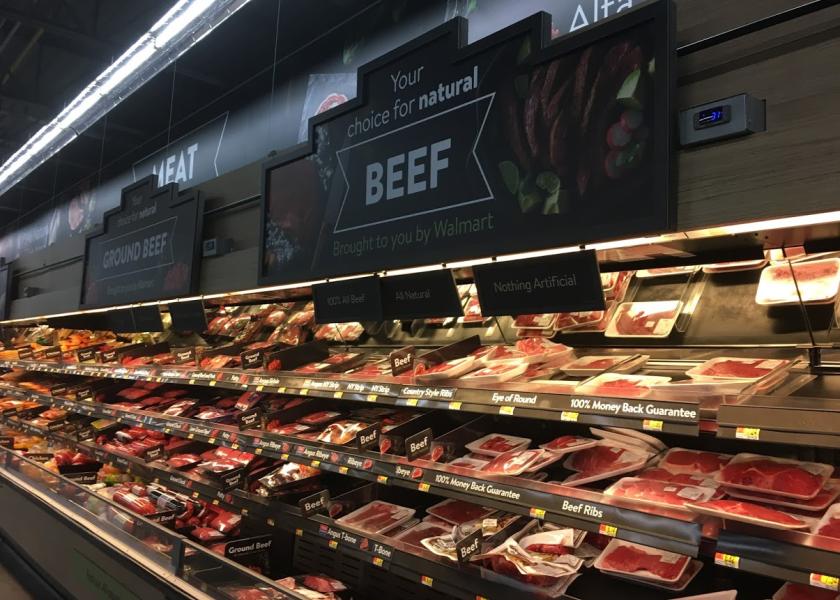Tyson Holcomb Fire May Slow Marketing Pace

Friday night’s fire that shuttered Tyson Foods’ Holcomb, Kan., beef packing facility will have far-reaching implications for both cattle markets and associated industries.
In a statement issued Saturday, Tyson said the plant will be closed “indefinitely,” which means about 27,000 to 30,000 cattle will not be harvested for each week the plant is out of operation. With a fed cattle market already in the summer doldrums, the timing of the fire couldn’t be worse for cattle feeders.
“It will definitely hurt front-end demand,” Sterling Marketing president John Nalivka told Drovers. “There’s the potential that with Holcomb out of commission the marketing pace will slow down and carcass weights will increase. That could certainly take the bloom off this fall’s fed cattle market.”
Speculation about the impact the fire has on Monday’s CME cattle futures was rampant on social media Saturday. Nearly all of those speculating called for both Live Cattle and Feeder Cattle markets to trend lower. Friday’s close before the fire was weak, lending support to ideas another break lower is ahead.
One industry participant who wished to remain anonymous, told Drovers Saturday, “This fire will impact all fat cattle regions as well as all feeder cattle markets.”
Those with cattle scheduled to ship to Tyson in Holcomb next week – and until the plant reopens – are scrambling to determine where and when those cattle can go. The Holcomb plant is about mid-way between Tyson’s Amarillo, Texas, plant and its Lexington, Neb., facilities.
But, Nalivka says, “beef slaughter capacity utilization was running about 92% to 93% before the fire. This could throw a wrench in the whole thing.” Tyson’s Holcomb plant was harvesting 4.5% to 5% of the industry’s weekly slaughter.
If the slaughter capacity now becomes so tight that cattle are left looking for a final home, some are speculating the fire could also trigger further scrutiny on America’s packers and their alleged monopoly.
“This (reduction in slaughter capacity) could pour fuel into the lawsuits that are already in progress,” the anonymous source told Drovers. He further speculated, “Will the guys in Kansas that are 100% committed to Tyson cut any kind of deal they can to get cattle gone, and magnify the problem with being committed to one packer?”
While cattle feeders have an anxious weekend to fret over the market and where they’ll send finished cattle, the impact of the Tyson fire also will have a dramatic impact on the Garden City area. Tyson said 3,800 people work at the plant, and their jobs will definitely be affected by the plant’s closure.
However, a Tyson spokesman confirmed the company will pay Holcomb plant employees "a weekly guarantee until production resumes. We are here to ensure our team members are taken care of. We understand that this is a difficult time.”
Dozens of other businesses and workers will also see an impact. Truck drivers, local businesses and the whole community will feel the pain as Finney County’s largest employer takes a forced time out.
Read more about the fire here:







